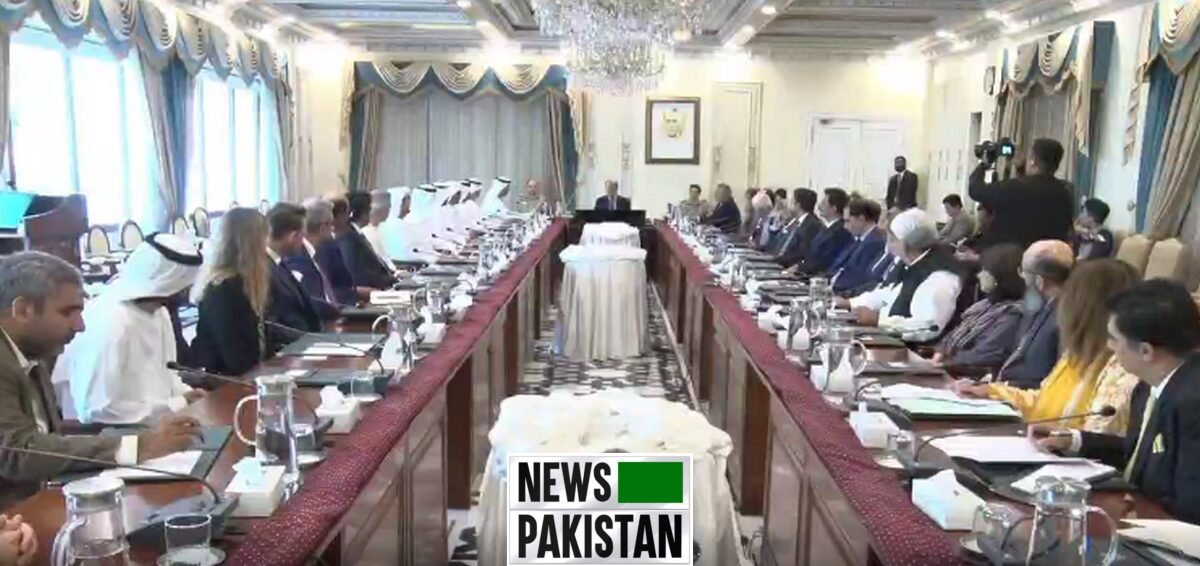ISLAMABAD: Pakistan has a vast scope of promoting the lucrative and conducive business of floriculture that would help empower women and youth of marginalized communities to raise ornamental flowers and tap unexplored global markets offering billions of dollars’ foreign exchange.
Project head “Promotion of Floriculture in Gilgit Baltistan (GB)”, Consultant Strategic Agri-Management and Researcher Plant Ecology and Entomology Hina Maryam told APP that the entire region of Pakistan had favourable environment and best quality soil in the world to raise variety of flowers from local to foreign species.
Ms Maryam said, “Floriculture is the aesthetic branch of horticulture which deals not only with cultivation of ornamentals but also their marketing.”
It also included marketing of local distant markets and export of cut flowers, live plants and their economic products like scents, oils, medicines etc, she added.
Maryam regretted that the floriculture industry was not so developed in Pakistan despite conducive atmosphere and high potential mainly due to less attention and limited knowledge about its “worth and value”.
While elaborating the scope of floriculture, she said Pakistan has better scope in the future as there was a shift in trend towards tropical and subtropical flowers.
“In Pakistan, most of the flowers are produced in the winter season when Europe sinks in snow and most of the traditional functions are held during the period,” she added.
“The world consumption of cut flowers and plants is increasing and there is a steady annual increase of 10 to 15 per cent in all importing countries,” she highlighted.
“The Netherlands is the leading exporter with a market share of 3.9 billion dollars. If we compare Pakistan’s resources to that of the Netherlands, we have larger area, manpower 9 to 10 times bigger and better climate and soil. We just need better production technology,” she underscored.
Commenting on her interest in floriculture, she said, “Keeping in view the success stories of developed countries I decided to adopt such a kind of education.”
She had decided during her higher studies in PARC’s institute of advanced studies (PIAS) in agriculture that floriculture could be the best cash crop to promote floriculture in potential areas like GB with better growth capacity.
Moreover, it could also create income generation opportunities for growers and investors in flower business, ensure marketing, enhance methodologies to increase export activities while attracting and engaging business communities and foreign missions, she added.
When queried about her choice of GB as her pilot project site, she said flowers could be a future’s high income generating crop in GB as the environment of this area was suitable for flower production as it had low rainfall and moderate climate which was prerequisite for better flower production.
She added that floriculture could be promoted in GB through cultivation of high value flowers.
“The output from the flower business is much more than any other agri-business. Presently, the cash crops in GB like Potatoes and Cherries give farmers very less output of only Rs 50,000 to Rs 90,000 per kanal annually but farmers can get one million rupees to two million rupees on cultivation of flowers on one kanal as flowers are very expensive in big cities and GB flower market can meet the 70 percent flowers demand from local production which is imported from other countries,” she told.
Narrating her journey on materializing her project Ms Maryam said, “I started sowing Lilium bulbs on April 3 , 2020 following international scientific protocols, harvested on 31st of May, 2020 and then transported to Karachi. It was completed in 57 days’ shortest time period that any crop takes,” she informed.
Ms Maryam said in Pakistan, women were already involved in agriculture which was physically hard for them, but flower cultivation was physically easy to grow as it needed just science of mind and care.
For this purpose, she said, “I have already given training to a few women in Shiger, Skardu and Gilgit. In our Lilium model farm mostly there are female workers. It specially can be helpful for the women head of family who can do it in their homes.”
To a question on required paraphernalia to raise a flower farm, she informed that technical knowledge, expertise and skills was the first criterion to be fulfilled.
However, imported seeds or bulbs, bulbs storage place, special kind of fertilizers for healthy flowers, well drainage soil with proportions of soil, sand and organic compost and special packaging material was also required as flowers were highly perishable commodities, she added.
The project head said that she had started her initiative with imported species of Lilium, chrysanthemum and gladiolus but some other important species like tulips, daffodils, carnation and imported varieties of cut roses would be planted as per their season.
She concluded that her objective was to make the country self-sufficient in producing high quality flowers and export flowers for example through CPEC.
“It can generate huge export revenue. Government is working on addressing climate change through Ten Billion Tree Tsunami Plantation and youth entrepreneurship initiatives like ‘Kamyab Jawan Program’ so they can also boost GB through floriculture,” she added.
Newspakistan.tv | YouTube Channel











